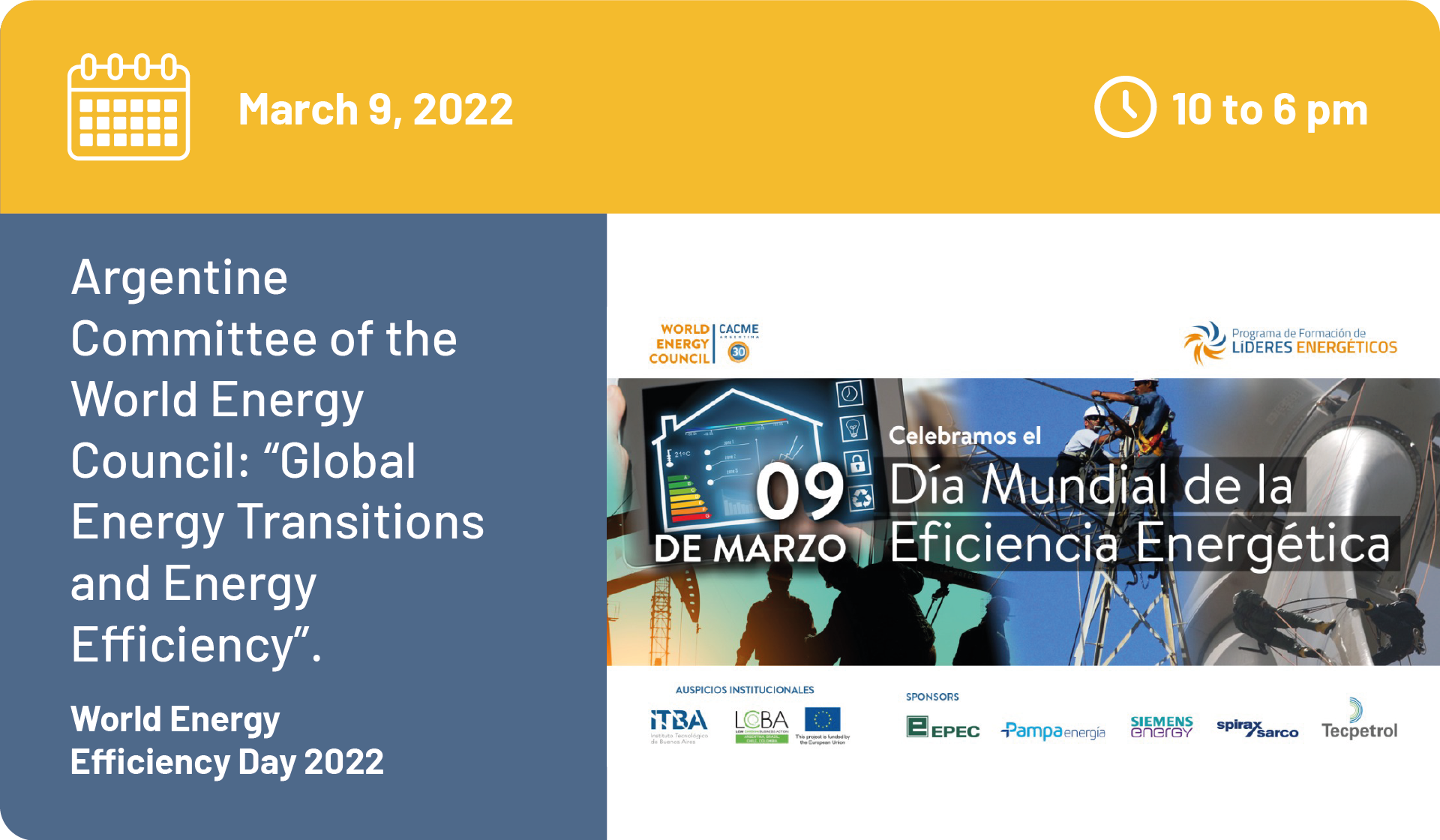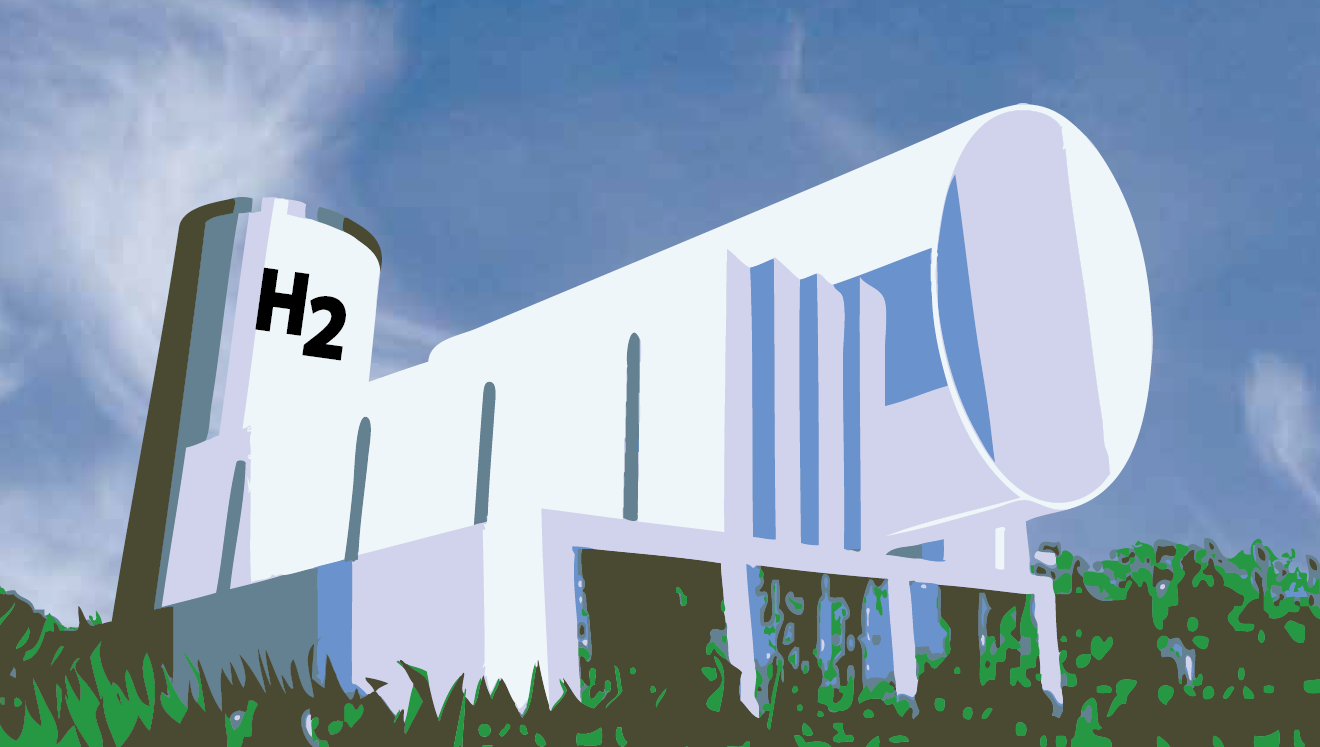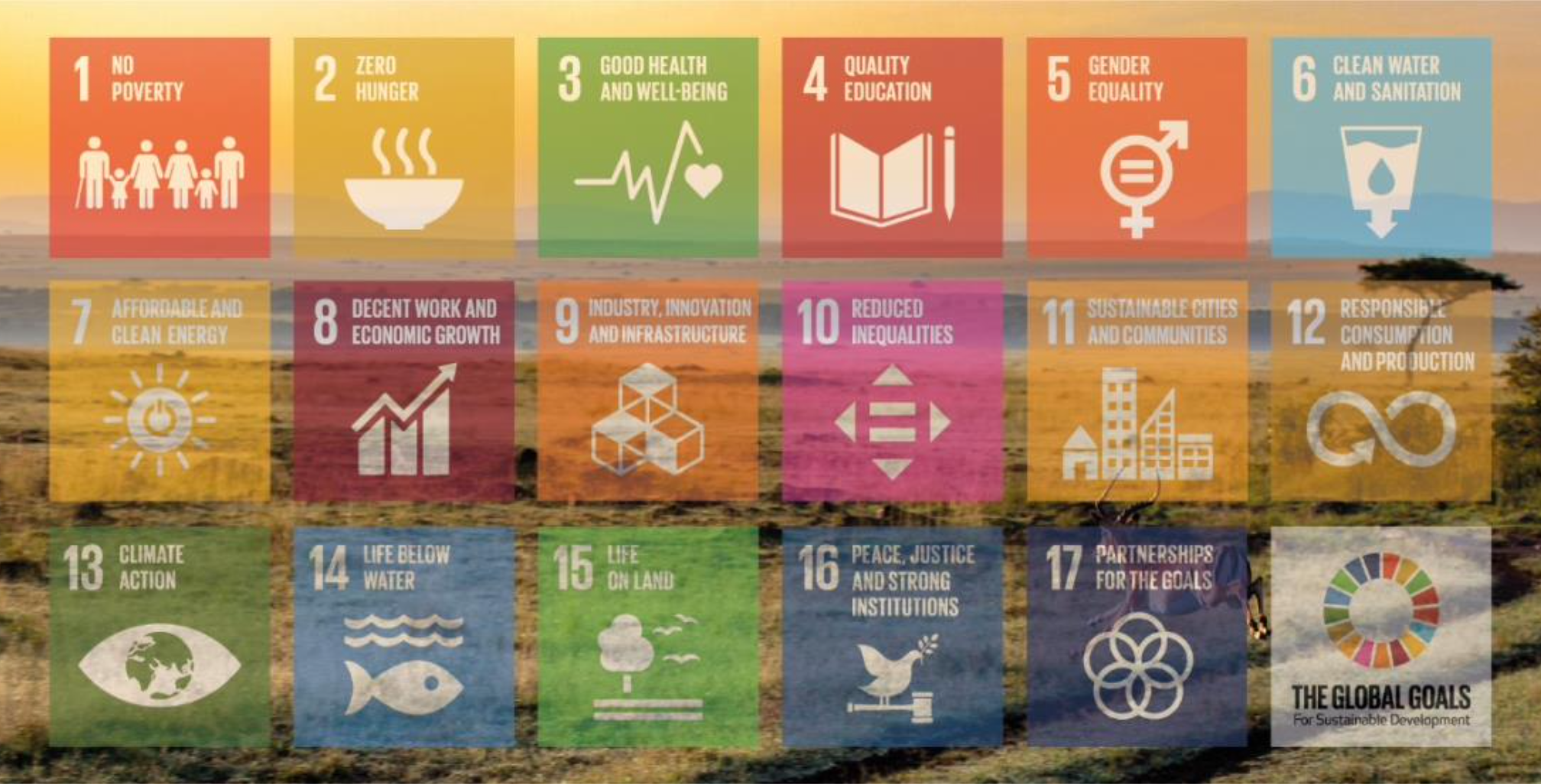Resources
The seminar was structured in two segments: during the first, global and regional perspectives on hydrogen were shared; then, in the second segment, a focus was made on the cases of Brazil, Argentina and Chile.
Meeting climate commitments requires reducing the carbon intensity of electricity generation in a context of electrification of final consumption, which would increase the required scale of installed generation capacity. To achieve this, it is necessary to increase the participation of renewable energies, promoting the development of domestic suppliers in the value chains.
Gabriel Vázquez Amabile talked to the team of the radio program "Mitre y el Campo" about COP 26, highlighting the particular relevance of this year's Summit and what will be the issues to be discussed in the coming years.
The DescarbonizAR platform is launched within the framework of the 2nd session of the Community of Practice. The purpose of the platform is to disseminate the main results of the Project at the local level and resources developed with regional partners, providing relevant information to stakeholders on trends and opportunities for decarbonization in Argentina, to ensure that financing flows are consistent with low-carbon development paths.
What are we talking about when we mention energy transition? What does this mean for Argentina, which depends on 85% of its energy supply? What are the great technological and geopolitical challenges? This article tries to generate the necessary concerns to reflect on a future that is coming at an accelerated speed.
Progress in the definition of hydrogen strategies at the international level and the efforts being made by Argentina are reviewed and guidelines are proposed to promote an Argentine Hydrogen Strategy along four axes: R&D, Supply, Demand and International Cooperation.
The report responds to a request made in late 2020 by the Carnegie Climate Governance Initiative (C2G) and the Economic Commission for Latin America and the Caribbean (ECLAC).








